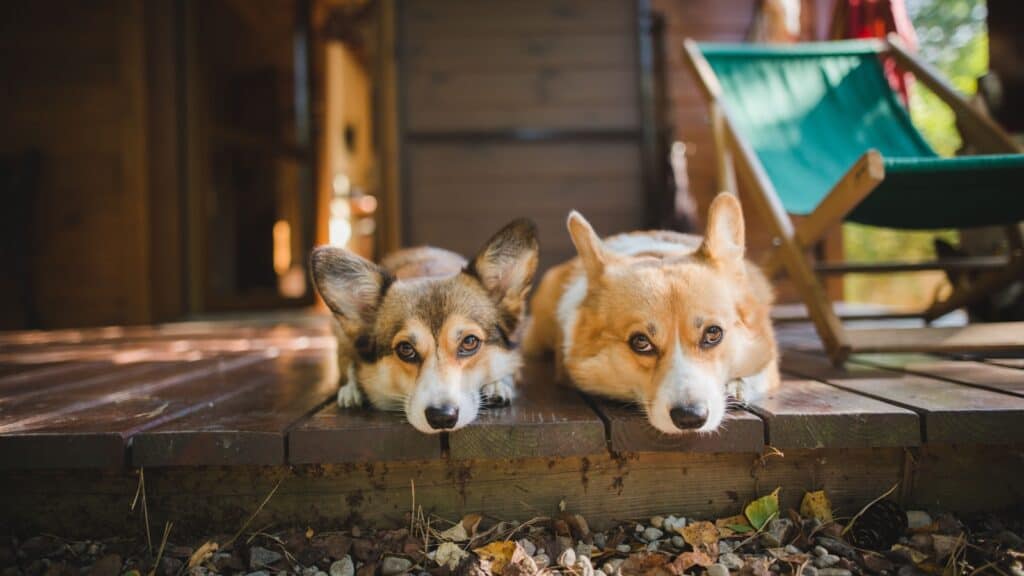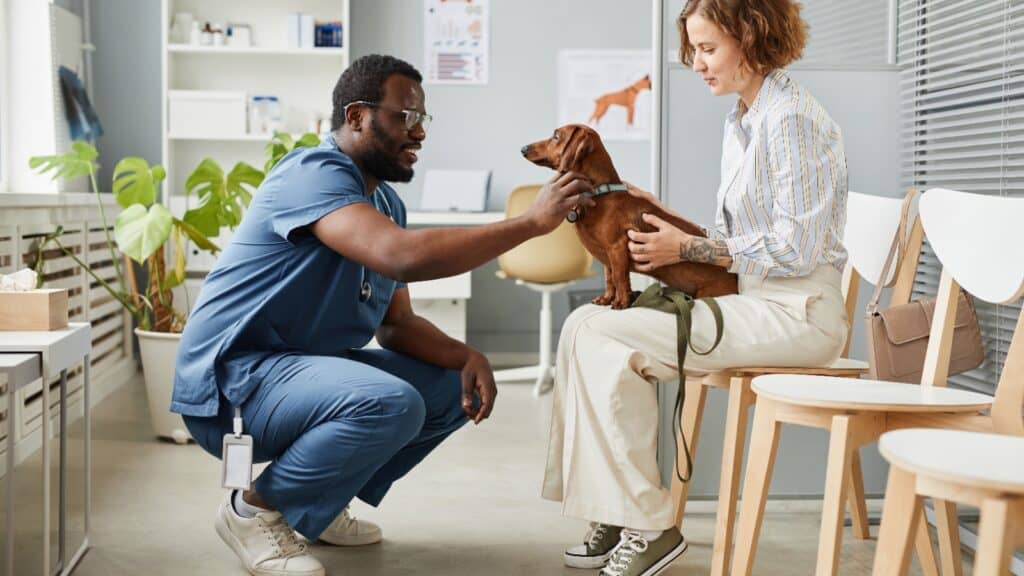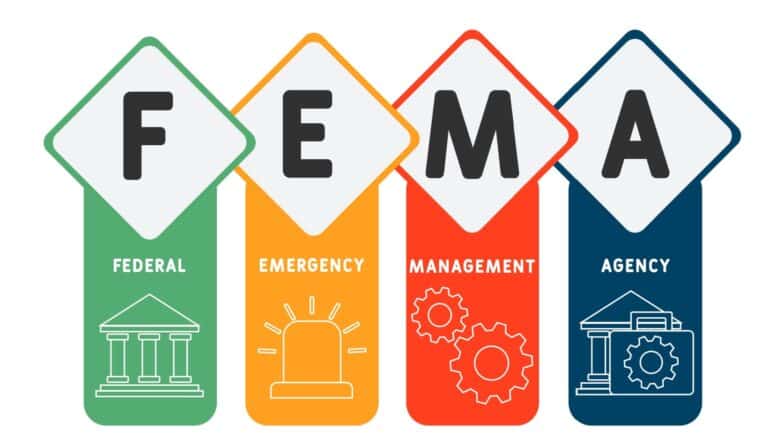How to Handle the Death of a Pet
We are big pet people here. We are dog and cat owners, and have also been bird and reptile owners, as well as feral animal foster parents. We have experienced the loss of a pet, and know how devastating it is, and yet we would never be without a pet companion.
Losing a pet is one of the most difficult experiences a person can go through. Pets become cherished family members, offering companionship, comfort, and unconditional love. Their absence can leave a profound void, making it essential to navigate the grieving process in a healthy way. Here’s a guide to help you cope with the death of a pet and find ways to honor their memory.
This post may contain affiliate links. Please see our disclosure policy for details.
Understanding the Grieving Process

Grief is a natural response to loss, and everyone experiences it differently. Some people may feel intense sadness immediately, while others might take time to process their emotions. Common feelings include:
- Shock and denial: The initial reaction may be disbelief, especially if the pet’s death was sudden.
- Anger: Some pet owners feel anger, questioning why their pet had to go or whether they could have done more.
- Guilt: Many experience guilt, wondering if they made the right medical decisions or if they missed warning signs.
- Depression and loneliness: The absence of a pet’s presence can cause deep sadness and a sense of isolation.
- Acceptance: With time, most people reach a stage where they can remember their pet fondly without overwhelming grief.
Understanding that these emotions are normal can help you process your loss without feeling alone in your pain.
Allow Yourself to Mourn

Suppressing grief can lead to prolonged emotional distress. It’s important to acknowledge your feelings and allow yourself to mourn in your own way. Some ways to express grief include:
- Talking about your pet: Share memories with family and friends who understand your bond.
- Journaling: Writing about your pet and your emotions can be a therapeutic outlet.
- Crying: Allow yourself to cry as it helps release pent-up emotions.
- Seeking support: If needed, talk to a therapist or join a pet loss support group.
Creating a Tribute

Honoring your pet’s memory can help you cope and keep their spirit alive. Consider:
- Creating a photo album or scrapbook: Collect pictures and write about the moments that made your pet special.
- Holding a memorial service: A small ceremony with loved ones can provide closure.
- Planting a tree or flowers in their memory: This living tribute can be a peaceful place for reflection.
- Donating to an animal charity: Giving in your pet’s name can be a meaningful way to honor their life.
- Making a keepsake: Custom items, such as a paw print mold or engraved jewelry, can serve as lasting reminders.
Dealing with Daily Life Without Your Pet

Adjusting to life without your pet can be challenging, especially if they were part of your daily routine. Here are some ways to ease the transition:
- Maintain a routine: Sticking to a schedule can provide stability, even though your pet is no longer part of it.
- Rearrange your space: If their belongings trigger sadness, consider storing them away until you’re ready.
- Spend time with loved ones: Engage in activities that bring comfort and joy.
- Consider volunteering at an animal shelter: Helping other animals can be a healing experience when you’re ready.
Supporting Children Through Pet Loss

Children often have a deep bond with pets and may struggle to understand their passing. To help them cope:
- Be honest: Use simple, clear language to explain what happened. Avoid euphemisms like “went to sleep,” which can cause confusion.
- Encourage expression: Let them share their feelings through talking, drawing, or storytelling.
- Allow participation in memorials: Giving them a role in honoring the pet can help them process their emotions.
- Provide reassurance: Let them know their grief is normal and that it’s okay to feel sad.
Supporting Remaining Pets After A Pack Family Member Dies

When a pet or pack animal dies, the surviving animals may experience grief, confusion, and behavioral changes as they adjust to the loss. Animals, especially those with strong social bonds, can show signs of mourning, such as lethargy, loss of appetite, increased vocalization, searching behaviors, or even anxiety and depression. Just like humans, they need time and support to process the absence of their companion. It’s important to maintain a consistent routine to provide stability, as disruptions can add to their stress. Keeping feeding, exercise, and play schedules the same can offer a sense of normalcy.
Providing extra attention and companionship can also help. If they seek more affection, offer it freely, but if they prefer solitude, respect their space while monitoring for prolonged withdrawal. Introducing interactive enrichment, such as new toys, puzzle feeders, or extra walks, can help redirect their focus. In multi-animal households, social dynamics may shift, so watch for changes in hierarchy, tension, or new bonding patterns.
If the surviving pet seems deeply distressed, consider pheromone diffusers, calming supplements, or even a veterinary consultation to rule out underlying health issues triggered by stress. Some animals may eventually benefit from a new companion, but introductions should be made carefully and only when they’ve fully processed their grief. Above all, patience and attentiveness are key in helping them adjust to life without their lost friend.
When to Consider Getting Another Pet

Deciding whether to bring another pet into your home is a personal choice. Some find comfort in adopting a new companion soon after their pet’s passing, while others need more time. Factors to consider include:
- Emotional readiness: Ensure you’ve had time to grieve and aren’t seeking a pet as a direct replacement.
- Family consensus: If you live with others, discuss their feelings and readiness for a new pet.
- Lifestyle considerations: Make sure you have the time and resources to care for another pet.
If you’re not ready for a new pet but miss companionship, consider fostering animals temporarily until you feel prepared.
Seeking Professional Help

Sometimes, pet loss can be overwhelming and lead to prolonged sadness, depression, or difficulty functioning. If grief is interfering with daily life, consider seeking professional help from a therapist, especially one who specializes in pet loss counseling.
Final Thoughts

The death of a pet is a heartbreaking experience, but with time and support, healing is possible. Remember that grief is a personal journey, and there is no right or wrong way to mourn. Cherish the love and memories you shared with your pet and know that their impact on your life will always be meaningful. By honoring their memory and taking care of yourself, you can find comfort and peace in the legacy they left behind.
How Science Now Calculates Dog and Cat Years: How Old Is Your Pet Really?

Pet owners often wonder how old their furry friends would be in human years, a curiosity fueled by the strong bond we form with our cats and dogs. The classic belief that each dog year equals seven human years is now widely considered inaccurate, as recent scientific advancements have provided a more nuanced understanding. Both dogs and cats age differently depending on their species, breed, and size, leading researchers to develop more sophisticated methods to measure their equivalent “human” age.
READ: How Science Now Calculates Dog and Cat Years: How Old Is Your Pet Really?
Understanding The Surge In Veterinary Costs: Is It Becoming Too Expensive To Have A Pet?

If you own a pet, we bet you have noticed that veterinary care costs are escalating, leaving many of us with sticker shock and struggling to secure timely appointments. There are reasons for this burgeoning phenomenon; we unveil the many factors steering this surge. Read: Understanding The Surge In Veterinary Costs: Is It Becoming Too Expensive To Have A Pet?
Join Us

Join us on this empowering journey as we explore, celebrate, and elevate “her story.” The Queen Zone is not just a platform; it’s a community where women from all walks of life can come together, share their experiences, and inspire one another. Welcome to a space where the female experience takes center stage. Sign up for our newsletter so you don’t miss a thing, Queen!







